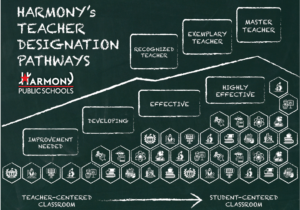Motivational Profiles
Two interesting conversations in the last 24 hours about learner profiles. The first step is gaining agreement around a core portable student record–a data backback if you will. That will include a unique student id and performance data (we’ll have to update agreement about how much every couple years). A handful of policy folks, some SIIA folks, and DQC folks should be able to figure this out in short order. This will provide a standard for the stuff that will populate standards-based gradebooks.
After that we’ll want a common document tagging and storage convention that links learning artifacts to standards and performance records. The recent CC-AEP tagging convention helps. This updated version of a student portfolio will be Common Core aligned and may also be aligned with certification systems used to manage competency-based environments (i.e., merit badge systems).
Next we’ll want a handful of experiments with storage and analysis of keystroke data–that’s what will yield information about motivation. What strategy worked best for what kids? What produced persistence for what groups? Gathering this data is easy for kids in unitary platforms (Novanet, e2020, K12, Connections, etc) but a challenge for kids learning in many applications during the day (as will soon be common).
Profile building limited to school-based information probably gets us two-thirds of the way to ultimate potential, but it leaves out a rich world of information outside of school from tutoring, test-prep, games, summer school, casual reading, etc. In addition to more performance data, student and family entered data about interests, demographics, and activity patterns could be useful. This, of course, raise privacy concerns and would require management of a Facebook-like privacy profile.
Mining the combined data from home and school will yield rich and powerful motivational profiles that will power smart recommendation engines–and that’s when we’ll see the real power of customized learning. It will be like School of One across the curriculum on steroids.
I hope in the next two months to learn more about next steps that have been taken in this regard and do what I can to coordinate and accelerate progress toward unlocking the power of customized learning.




0 Comments
Leave a Comment
Your email address will not be published. All fields are required.